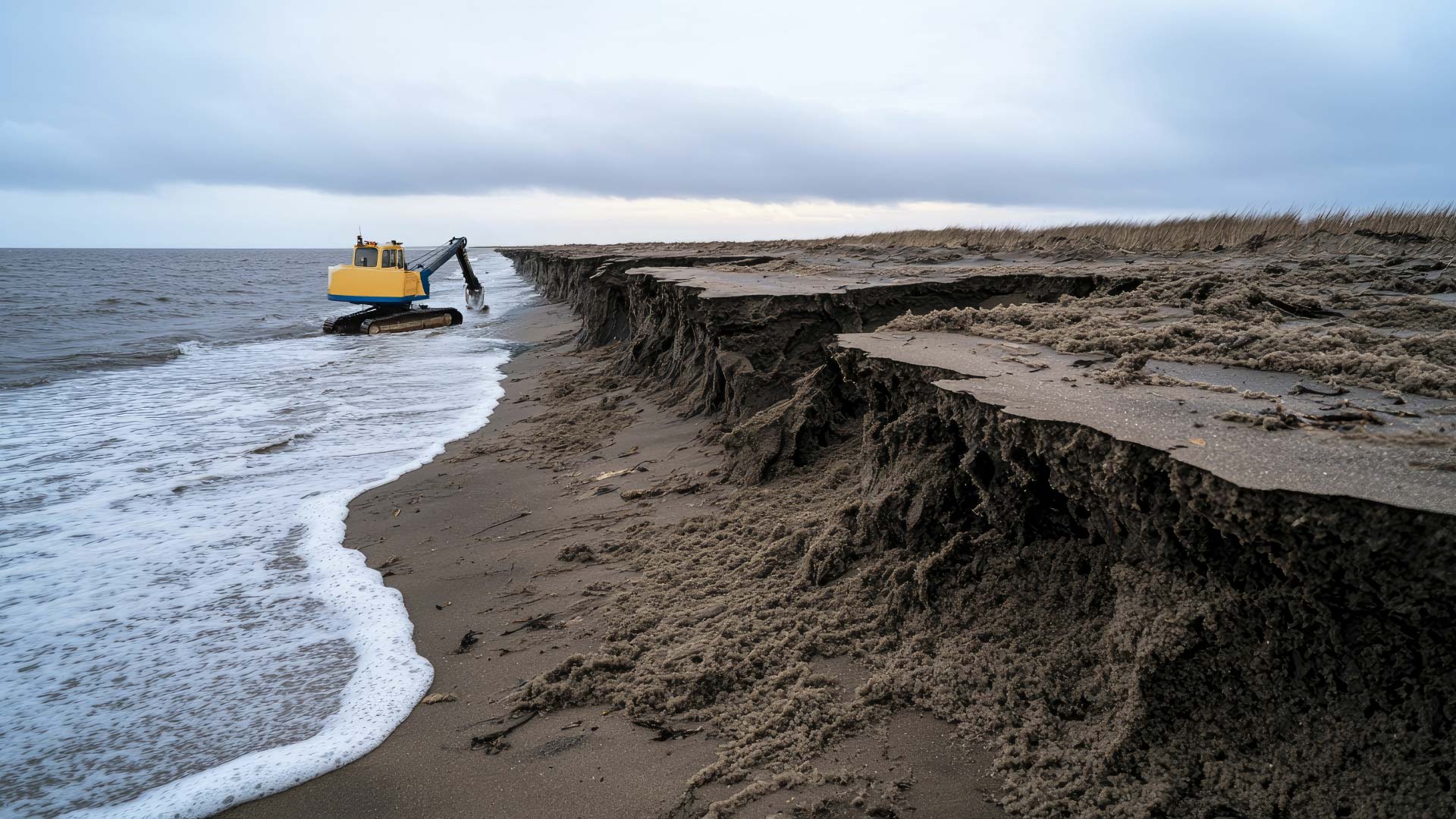Preparing for COP29: A Strategic Moment for Tuvalu
A significant consultation and coordination workshop has concluded in Funafuti, uniting government officials and international development partners to enhance coastal adaptation strategies in Tuvalu.
This workshop marks a crucial milestone as Tuvalu prepares for COP29 in Azerbaijan and advances into the second phase of the Tuvalu Coastal Adaptation Project (TCAP-II).
Held at a critical time, the workshop follows the announcement of new funding for TCAP-II, a flagship initiative supported by the governments of Australia, New Zealand, and the United States. According to the United Nations Development Programme (UNDP), this next phase will significantly scale up climate-resilient coastal protection measures to address the increasing impacts of climate change on Tuvalu’s vulnerable communities.
Prime Minister Highlights the Importance of TCAP
Hon. Feleti Teo, Tuvalu’s Prime Minister, inaugurated the workshop with a call to action. He lauded the efforts of the TCAP team and international donors in protecting Tuvalu’s coastlines, particularly in Funafuti and the outer islands of Nanumea and Nanumaga.
“When I address climate change and sea-level rise globally, I proudly emphasize TCAP as Tuvalu’s flagship adaptation project,” Prime Minister Teo remarked. “It will remain central to our resilience efforts well into the future.”
Innovative Solutions and Traditional Knowledge
Munkhtuya Altangerel, Resident Representative of the UNDP Pacific Office in Fiji, highlighted the significance of the workshop, noting its focus on innovative approaches and the integration of traditional knowledge.
“This workshop is a vital step in strengthening our coordination for coastal adaptation in Tuvalu,” said Altangerel. “The solutions developed here will be uniquely tailored to Tuvalu’s needs and can serve as an inspiration for other small island developing states facing similar environmental challenges.”
Global Implications for Small Island Nations
The insights and strategies developed during this workshop are expected to have far-reaching implications. By addressing Tuvalu’s urgent climate challenges, these efforts may serve as a model for other small island nations striving for resilience against rising sea levels and extreme weather events.
Commitment to Collaborative Coastal Protection
The workshop concluded with a reaffirmed commitment from both the Government of Tuvalu and donor partners to continue their collaboration. These efforts align with Tuvalu’s medium-term development priorities, focusing on coastal protection and long-term climate resilience.
Tuvalu’s Path Toward a Climate-Resilient Future
With TCAP-II leading the charge, Tuvalu is setting a strong example of how nations can combine innovative strategies and international collaboration to combat the effects of climate change. The outcomes of this workshop underscore Tuvalu’s determination to protect its communities and secure its future in the face of escalating environmental threats.
